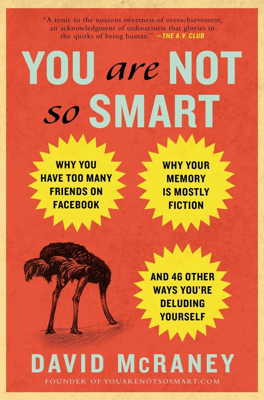The Just-World Fallacy
Misconception vs. Truth
Misconception:
People who are losing at the game of life must have done something to deserve it.
Truth:
The beneficiaries of good fortune often do nothing to earn it, and bad people often get away with their actions without consequences.
Victim Blaming
- When people hear about unfortunate events, like rape, they often blame the victim to believe they can avoid such fates themselves.
- Most awareness campaigns incorrectly focus on what victims can do to prevent assault, instead of addressing the perpetrators.
Just-World Fallacy
- This fallacy describes the tendency to believe the world is fair, causing people to think those suffering misfortune must deserve it.
- It provides a false sense of security, making people feel their good behavior will protect them from harm.
Classic Studies
- 1966 Study by Lerner and Simmons: Observers watched a woman receive electric shocks and unjustly berated her character, believing she deserved the punishment.
- Random Reward Experiment: When participants observed a man randomly awarded money, they attributed his success to his intelligence and skill, despite knowing the reward was unearned.
Ubiquity and Consequences of the Just-World Fallacy
- This fallacy is deeply ingrained and affects views on issues like poverty, homelessness, and bullying.
- Bullying Study: When asked about causes of bullying, 42% of teens blamed victims, believing they could end their own torment by changing their behavior.
- Belief in a just world makes people view societal problems as the fault of the individuals affected, ignoring systemic and random factors.
Misconceptions about Success and Hard Work
- People often believe that success is solely a result of hard work and virtuous behavior, ignoring unearned advantages like socioeconomic background.
- The unfairness of the world means both good and bad outcomes can occur randomly, not justly.
Psychological Perspectives
- Jonathan Haidt: Many people subconsciously believe in karma, attributing social imbalances to disruptions in a natural justice system.
- Critiques of systems like welfare often stem from the misplaced belief that these systems unjustly interfere with karmic justice.
Coping with Unfairness
- While life is not entirely controllable, significant parts are within personal control, and efforts should focus on these areas.
- Recognizing the inherent unfairness of life can lead to more empathy and support for those in unfortunate situations, making the world a bit more just.
